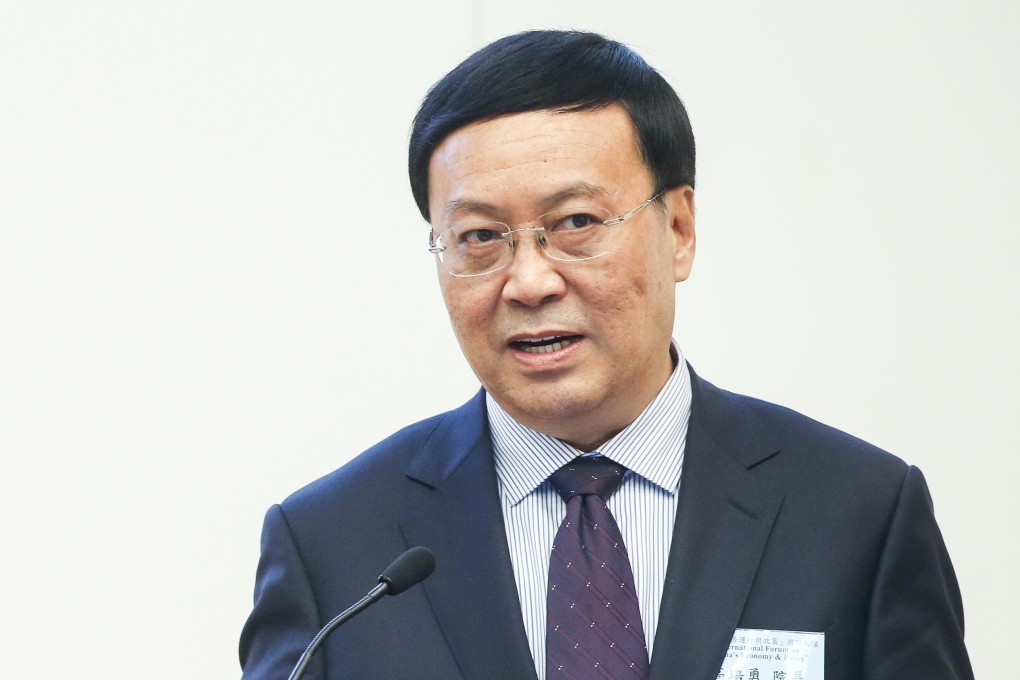China needs to weigh economic ‘consequences’ of coronavirus stimulus, top Beijing researcher says
- Gao Peiyong, vice-president at Chinese Academy of Social Sciences, says China needs to evaluate the negative impact of its coronavirus stimulus
- China’s second quarter recovery was driven largely by local government spending, aided by debt issuance and lower lending rates

China needs to consider the costs of its emergency coronavirus stimulus and prepare to scale back support in a timely manner, according to a top researcher in Beijing.
But Gao Peiyong, vice-president at Chinese Academy of Social Sciences, a think tank affiliated with the State Council, told an online forum at the weekend that China had not paid enough attention to the side effects of the package aimed at stabilising growth and jobs, both of which have been hammered by the pandemic.
“Relating to macroeconomic policy, attention hasn’t been paid to the costs,” Gao said, according to a transcript published by news website Sina.com. “It is necessary for us to fully evaluate such consequences and possible negative effects, and be prepared to exit the expansionary macroeconomic policy in a timely manner.

03:22
China’s cinemas reopening after being closed nearly six months to fight Covid-19
“Whether it is fiscal policy or monetary policy, I think it is necessary to consider.”